
Daily Accounting
Daily accounting help us see clearly, who we are, where we're going, and where we've fallen short; it also helps rectify any damage...

Thank you for your feedback on the first segment of our “Walking and Talking” hitbodedut walk. Many of you said it really helped you and you liked exercising and praying at the same time. I am so happy that our web magazine is so helpful! The second part of our walk is very important. It takes a lot of patience and a strong desire to come close to Hashem to be successful in this section. It is the most difficult 20 minutes, in my opinion, but it is the most rewarding. Not only does a daily cheshbon haNefesh (accounting of one’s desires/thoughts/words/deeds) help you see clearly, who you are, where you are going, and where you have fallen short, but it also feels so good to rectify the damage that you have done over the last 24 hours.
 It can be very painful to really stop and look at what is in your heart. I’m sure that you have a good heart, as do most people. Try to look beneath the surface. What are your motivations for the chesed (acts of kindness) you do? Do you just want to be liked, to be popular? Do you really care about the person you are reaching out to? What is the motivation behind other accomplishments? Do you want to feel good about yourself and take pride in your accomplishments, or do you strive to be successful so that you can bring more light into the world, and be close to Hashem? Do you eat right and exercise to be a healthy servant of Hashem (Mother/wife), or do you do it because you want to look good for other people? How much time do you spend on your outside as opposed to your inside? This is the type of deep probing you must do to really be honest with yourself, in order to do a real cheshbon haNefesh, a real accounting of your desires, thought, words, and actions.
It can be very painful to really stop and look at what is in your heart. I’m sure that you have a good heart, as do most people. Try to look beneath the surface. What are your motivations for the chesed (acts of kindness) you do? Do you just want to be liked, to be popular? Do you really care about the person you are reaching out to? What is the motivation behind other accomplishments? Do you want to feel good about yourself and take pride in your accomplishments, or do you strive to be successful so that you can bring more light into the world, and be close to Hashem? Do you eat right and exercise to be a healthy servant of Hashem (Mother/wife), or do you do it because you want to look good for other people? How much time do you spend on your outside as opposed to your inside? This is the type of deep probing you must do to really be honest with yourself, in order to do a real cheshbon haNefesh, a real accounting of your desires, thought, words, and actions.
In addition, you must go through the lat 24 hours with a fine-toothed comb and do teshuva for the things you may have caused you to separate from your Source. Did you lie, even inadvertently? Were you raised in a secular Jewish culture where “finagling” was encouraged and even praised? It usually meant you lied. Did you speak lashon hara, even though you claimed it was l’toeles (for a constructive reason)? Did you shoot the messenger, IE: yell at your kids because they were interfering with the way you thought the world should be run? Did you get angry at Hashem because He was not consulting you (once again) in the proper way to run the world today? Were you kind to your husband? Did you talk on the phone at work (this is stealing)? Did you look at anyone with jealousy or envy? The list is seemingly endless, which is why we must do a daily accounting. By the time Yom Kippur rolls around, it is impossible to catch up on all the “dirty laundry”.
I know I sound a bit severe, and yes, I am very hard on myself, as well. This is because I realize that every avaira (sin) I do separates me from my Source. What a terrible way to express gratitude to Hashem for all of the blessings in my life! I do not want to be a rasha, (an ungrateful/rotten person), not even for a moment! I do not want to separate from my Source, not even for a moment! Please keep in mind that it is only during this 20 minute section that you are allowed to be hard on yourself. You have many many good points that you can highlight in your defense as well.
I was reading The Garden Of Gratitude on Shabbat, (I review and review the same section until I really internalize it- try it! ) and Holy Rav Arush explained the way to do teshuva and rectify everything (pages 297-298). When Hashem lets you fall, it is only to show you that you are not perfect, and that you have much work to do. First, thank Hashem for letting you fall. Thank Him because now you are reminded just how far you are from who you are supposed to be. He did it to show you that you still need improvement. Your desire to do His will was not strong enough. Thank Hashem for guiding you along the path of self-improvement. Thank Hashem for the negative desire. Rav Brody taught me, “Thank Hashem for the past, and pray for the future”. Now you may ask Him to please strengthen your desire to do his will, and uproot this negative behavior.
This is called “seeing the bigger picture”. Remember, Hashem has a tailor-made plan just for your Neshama (soul) to come into this world and make its tikkun (soul-correction). In this way, you see all of your negative character traits, setbacks, or spiritual failures as gifts from Hashem, reminders, that you need to improve. Rav Arush explains that this is the first step towards true humility, knowing that you are nothing without Hashem.
There is an even deeper layer here as well. The ultimate purpose of a person’s life is to learn emuna. Deepening our knowledge of emuna is the redemption (page 290). Redemption glorifies Hashems name, making it clear that Hashem is good and only does good. Therefore, the main teshuva we must do is repent for our lack of, or weakness of emuna (page 287), otherwise you are only repenting for the outer layer of the sin. All sins have their root in a lack of emuna! If you were angry, or yelled at anyone, it is because you did not have the emuna that they were a stick in Hashem’s hand. If you spoke lashon hara, it is because you did not recognize that your jealousy or self-righteousness was based on a lack of emuna that you are not happy with how Hashem created you or the person you spoke about, or how the situation turned out. Hashem gave that person what they have. If you lied or stole or cheated, it is because your lack of emuna caused you not to trust that Hashem gives you what you need. If you did not eat as an act of serving Hashem, or you did not daven with kavanah (intention) or you had desires in your heart that were impure, it is because your lack of emuna caused you to veer from focusing on your ruchniut (spiritual self) and into focusing on your gashmiut (lusts and desires/physical needs). Hashem provides everything you need!
As I said, this is a tough section, but I believe in you!! I really do!! Be happy with what Hashem lets you accomplish. Hitbodedut is like an art, it takes time and practice to refine it. Each day, it will be a little different. Remember that it is only during this 20 minute section that you are allowed to be hard on yourself. The rest of the day, look at your many, many good points!!!!! Never give up!


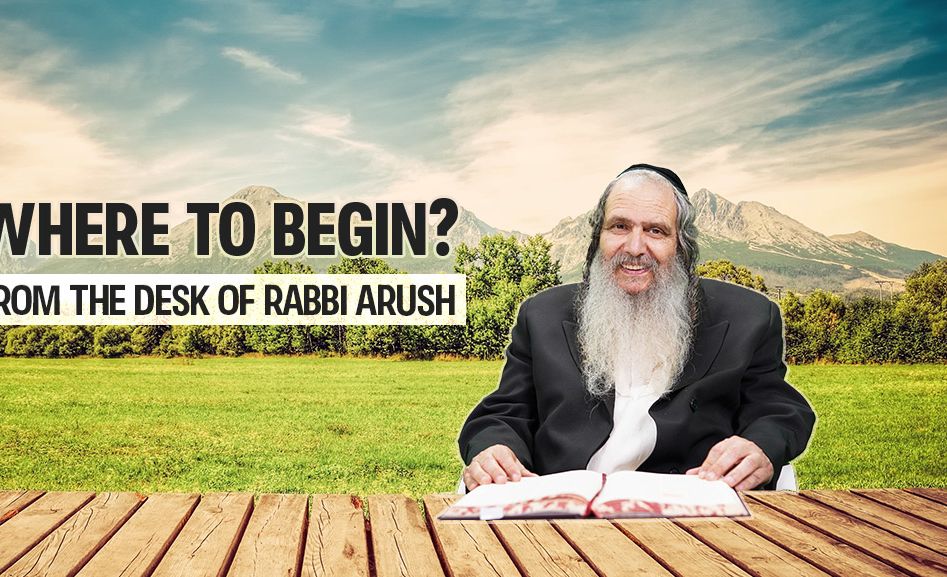

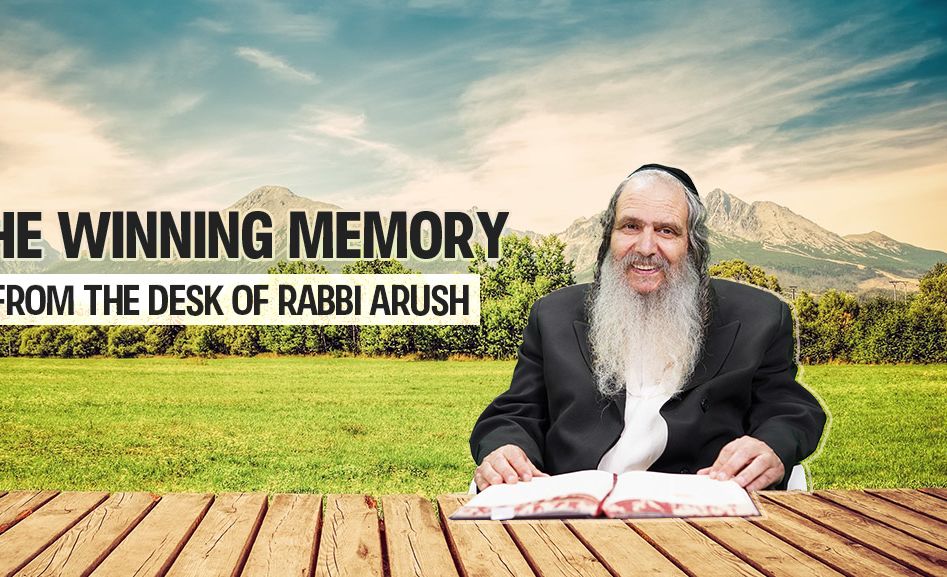
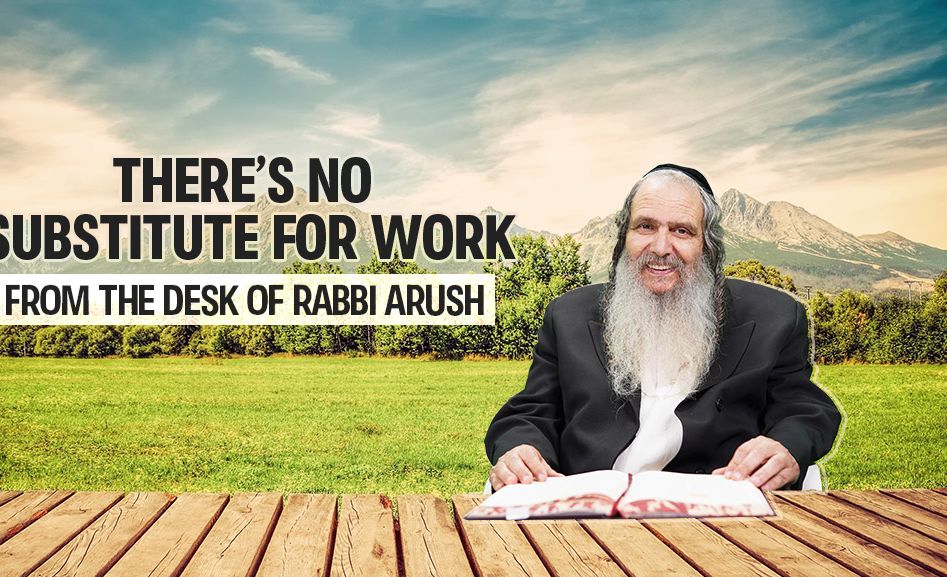
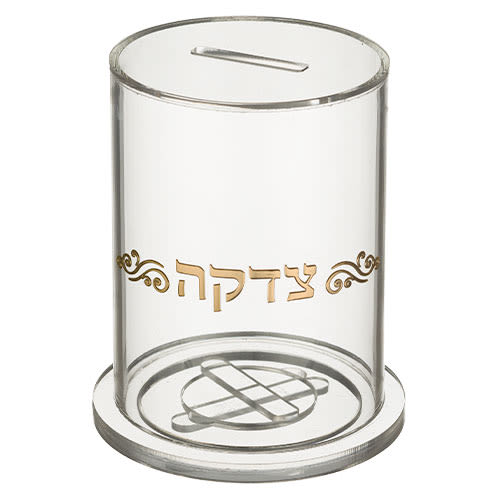
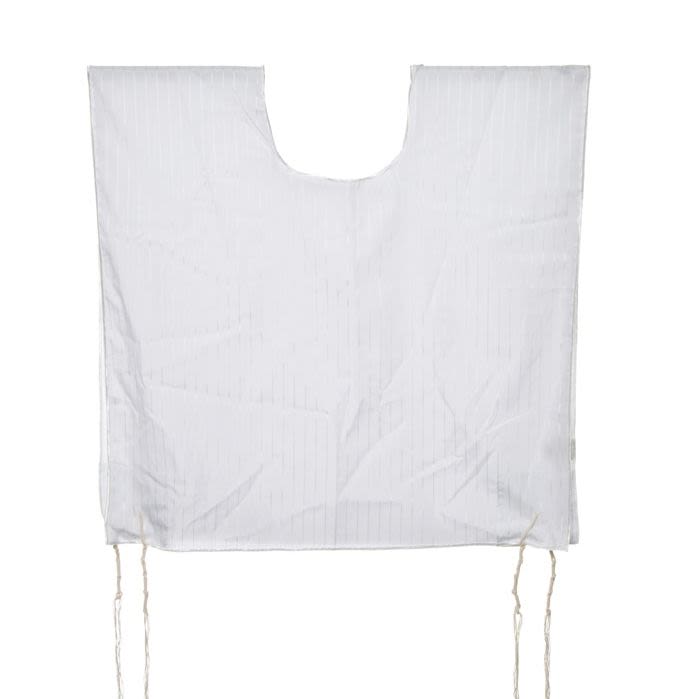

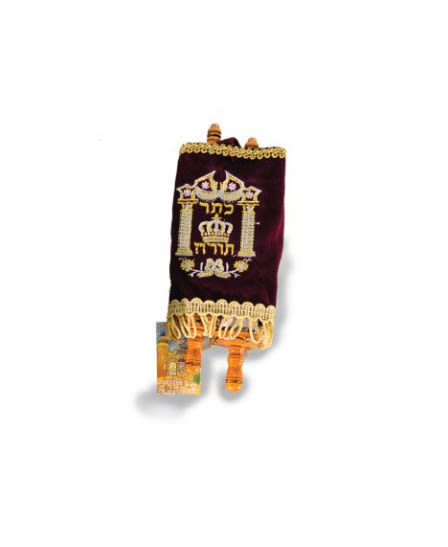
2/28/2012
Try Rav Noson’s Likutey Tefillos Holy Holy Sister, your squeaked out words are like rubies and diamonds to Hashem! Try using "the Fiftieth Gate" by Rav Noson for some hitbodedut guidance. You can recite them, or use them as a reference. love and light!
2/28/2012
Holy Holy Sister, your squeaked out words are like rubies and diamonds to Hashem! Try using "the Fiftieth Gate" by Rav Noson for some hitbodedut guidance. You can recite them, or use them as a reference. love and light!
2/26/2012
The sweetest messenger I must say, Yehudit, that you are the sweetest messenger for these tough messages. And just when you think you've got your groove going with hitbod, things up and change and sometimes you feel like you can hardly squeak out a few words. (Perhaps I should speak for myself.) Keep up this series — oh how we need the inspiration!